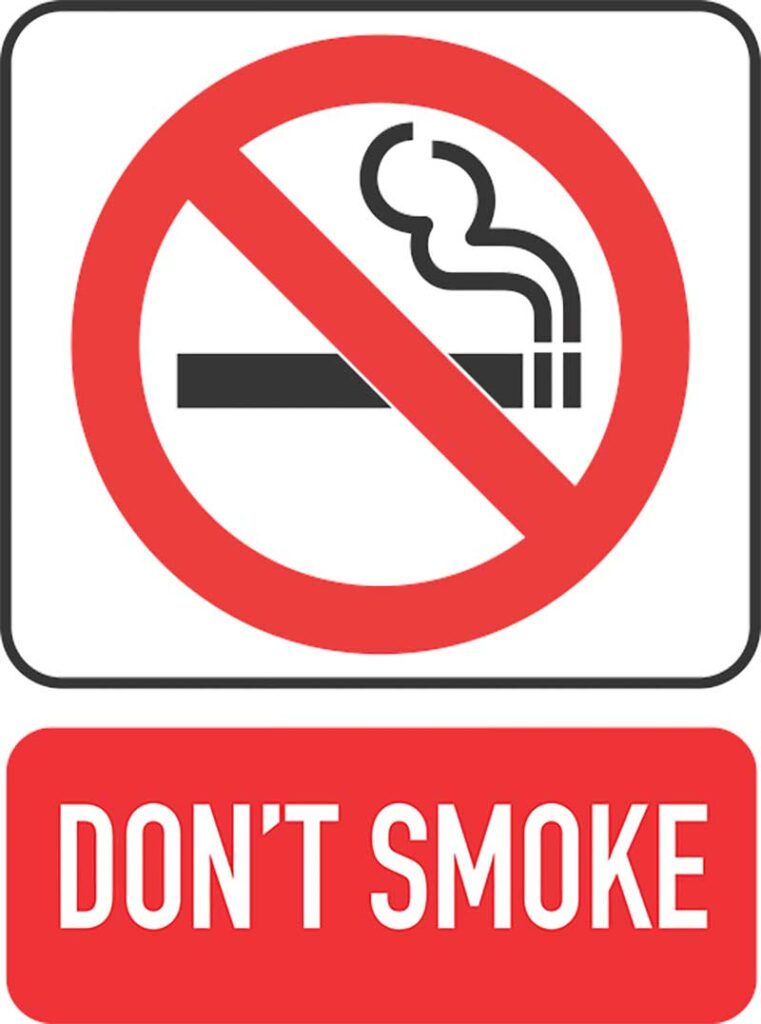Reflecting on the factors that have you consider surgery can help you be in a better state of mind for the procedure. You may want to look at old pictures and list the reasons for pursuing plastic, cosmetic, or reconstructive surgery. No one else should influence or pressure your decision, especially if you’re undecided.
Preparing for any surgical procedure involves making lifestyle changes like diet changes, getting more rest, and stopping alcohol and smoking. The idea is to concentrate on preparing mentally and emotionally for the procedure.
When consulting NW plastic surgery professionals, they make sure you feel confident and comfortable as you prepare for surgery.
Preparing for Surgical Recovery After a Procedure at Reconstructive, Plastic, or Cosmetic Surgery Centers

The outcome is the most exciting aspect of the surgery; however, the recovery period can be daunting. Many clients are nervous about this time period, but when the doctor’s orders are followed properly, recovery often goes without complications.
The specific process and recovery duration varies for each client; however, there are consistencies among many surgical procedures. Surgeons strive to make the process comfortable and straightforward; it’s essential to follow their instructions to ensure the easiest and fastest healing.
Consider the following tips to make your surgical recovery comfortable and as simple as possible.
Surgical expertise matters
Picking the right surgeon is paramount to the procedure’s success. Start with online research of prospective surgeons and reviewing previous client testimonials. Reach out to loved ones who have undergone procedures for recommendations.
The surgeon should be board certified with the ABPS – American Board of Plastic Surgery and have a solid track record of performing the procedure you’re considering. The surgeon’s knowledge and experience and ability to understand meet your objectives are critical factors.
When consulting with the practitioner, pay attention to how the surgeon addresses your questions and listens to your concerns. A reputable and quality provider will establish trust and credibility from the consultation, through the process, and after surgery throughout follow-ups visits.
Open communication and setting expectations
The surgeon consultation is a chance to develop a rapport with the provider who will help you set realistic expectations before the procedure. Th is the time to discuss concerns, questions, and goals for the surgery. A skilled surgeon offers details to include the benefits and potential risks you should be aware of.
They collaborate with you to tailor the procedure to suit your unique needs and preferences. Effective, clear, and open communication is vital between you and the doctor.
The right specialist will value and prioritize open dialogue and may require more than a single consultation to confirm that your expectations are attainable and realistic.
Additionally, it’s essential to go over the pre-operative instructions to prepare for surgery and post-operative care instruction along with follow-up appointments. Everything must be followed according to the doctor’s requirements in order to have a positive outcome.
A reputable surgeon will go over these instructions thoroughly and carefully and answer questions until you have a full understanding to make the most informed surgical decision.
A peer-reviewed NIH study – Preparing Patients for Cosmetic Surgery and Aesthetic Procedures: Ensuring an Optimal Nutritional Status for Successful Results – PMC – concludes that effective prep for surgeries includes both physical and psychological readiness.
Patients benefit from preoperative education, medication reviews, and realistic expectations—factors shown to reduce anxiety, improve satisfaction, and support smoother recovery outcomes.
Be in ideal shape for your preop health evaluation
Surgeons explain to clients that they will need to maintain optimal wellness by managing a healthy weight and nutrient-rich diet. Clients considering significant weight loss or gain should try to achieve an ideal weight before having the procedure. Fluctuations while going through recovery can affect the outcome.
The idea is to concentrate on a well-balanced diet plan, a regimented fitness program, avoid alcohol and smoke, for improved wellness. Based on your medical profile, your surgeon may have recommendations for specific preop instructions. This guidance should be followed diligently.
Recovery will be easier when you are at your healthiest as you go into the surgery and throughout the procedure. Also, the doctor will address other issues they find concerning in your medical profile or preexisting conditions.
Approval should be received from your primary care provider and other specialists to minimize potential risks.
The surgeon must see a list of current meds. Some could increase the risk for complications during or following the procedure. All health advice provided should be adhered to in order to avoid serious consequences.
Smoking cessation

While quitting smoking is among the most crucial steps to take to reduce the risk of surgical complications, it’s also the most difficult to achieve for those addicted to nicotine.
The thing to understand with nicotine is that it reduces oxygen flow and narrows blood vessels, impeding the healing process and increasing the risk of complications like infection and problems while undergoing general anesthesia.
It’s suggested to try creating a smoke-free countdown calendar to help manage the cravings and ultimately break the habit altogether. Each day that you go smoke-free can be checked off the calendar. Celebrate small milestones like 5 days without nicotine, an incentive for the procedure.
Identify potential triggers that lead to cravings and come up with strategies to avoid these. Loved ones’ support can be invaluable to help achieve the goal of kicking your smoking habit for good.
Surgeons expect that clients live smoke-free at least eight weeks before surgery and will appreciate your commitment to a safe and positive outcome. You will physically benefit from improved oxygenation and circulation.
Patience is key to achieving recovery expectations
The surgical practitioner goes to great lengths to help clients understand the recovery process, an essential step in effectively managing expectations. Each procedure has distinct discomfort potential and recovery timeframes whether having plastic, reconstructive, or cosmetic procedures.
For instance, with cosmetic procedures, some bruising and swelling and potential for mild pain is common and can also be temporary. The surgeon will provide post-operative instructions to include wound care and medication schedules. The key is patience and trust throughout the healing process.
The practitioner expects that you will maintain open communication to promptly address concerns for the most effective and successful recovery. Fatigue is often the one of the last symptoms to resolve as the body consumes a great amount of energy as it heals.
You may feel rundown or tired for a few months following surgery. The doctor will encourage you to try to keep active and slowly and gradually increase physical activity unless you are specifically restricted.
Recovery after cosmetic surgery isn’t just about rest—it’s about strategy. That can mean taking a few minutes to walk carefully daily and increasing the distance incrementally each day. Gentle stretching can help prevent stiffness and improve circulation.
Read a guide from the American Society of Plastic Surgeons indicating that by following personalized aftercare instructions, incorporating gentle movement, and arranging at-home support can significantly improve recovery outcomes and help patients smoothly return to activities of daily living.
Hydration is crucial, drinking plenty of fluids like water as you heal can help prevent dangerous complications including DVT or blood clots.
Final Thought
The path toward comfortability with yourself and a greater sense of self-confidence begins with intentional planning. Stay positive, embrace the process, and prepare to unveil an incredible transformation.






